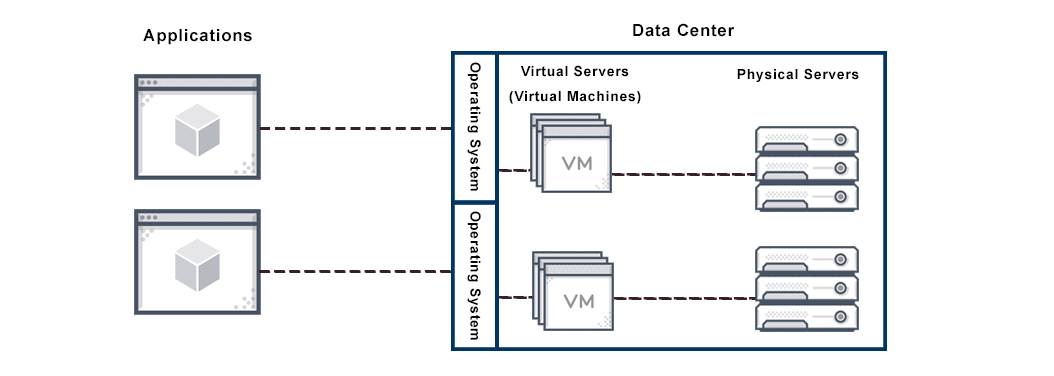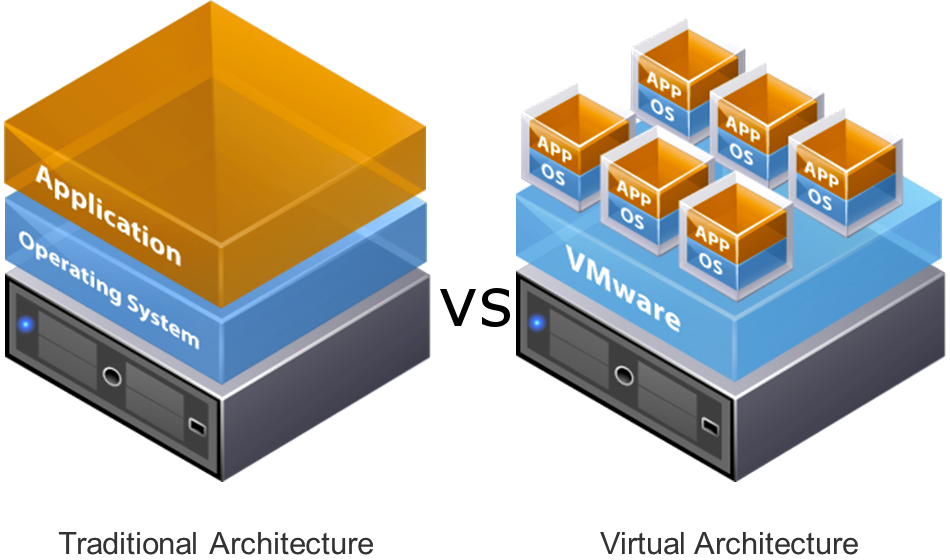Virtual Server Definition In Networking
Virtual Server Definition In Networking. Application performance is improved due to virtualization. Data can be stored and retrieved, software can be run and peripherals can be operated through a Web browser as if the distant hardware were onsite.

Multiple virtual servers may be implemented on a single bare metal server, each with its own OS, independent provisioning, and software.
This results in servers sitting idle because the workload is distributed to only a portion of the network's.
Virtual servers can perform many functions but are popular in web hosting environments because of their amazing server resources control and cost-effectiveness. An instance of the service (a virtual network) enables many types of Azure resources to securely communicate with each other, the internet, and on-premises networks. Each virtual server acts as its own independent server, allowing it to process data and run applications with ease on its independent operating system.







